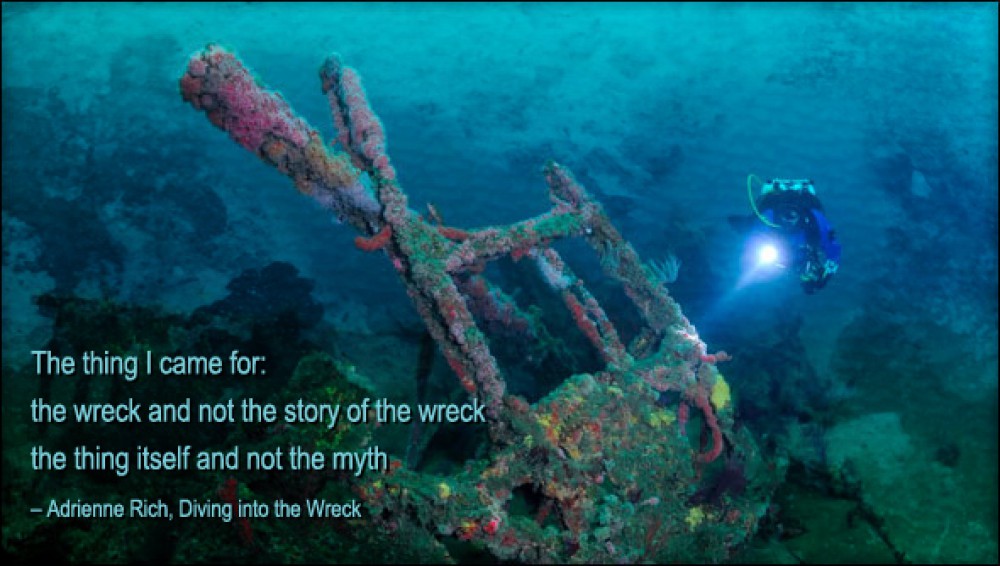If you have access to a university library, Joseph de Rivera wrote a paper called “The Construction of False Memory Syndrome: The Experience of Retractors”. It’s in Psychological Inquiry, 1997, Volume 8, Number 4. The paper discusses how people went through stages of using remembered abuse to explain other problems in their lives, centering their identities on that belief, and cutting off anyone who doubted the abuse. As in modern gender therapy, believer therapists guided this process.
Thank you for this reference. The feminist community fell hook-line-sinker for this too for a number of years, with
devastating results for some families. The sad thing is that sexual abuse of
children is very real, but there is zero evidence that memories of abuse are so
easily forgotten or suppressed. Just as transgenderism has hijacked the pain of
intersex people, the false memory “movement” obscured and cast doubt on
REAL allegations of abuse. Family members who questioned false allegations were
demonized and bonds broken. I fear this is the same thing that is happening
with so many teens who dismiss their parents as “transphobic” for daring
to question the dominant paradigm.
Below is an excerpt from the abstract to your referenced article:
Abstract: More than 300 persons have now retracted charges of childhood sexual abuse (CSA) based on “memories” recovered in psychotherapy. How may we understand their experience? …The accounts of the retractors and their critique of different explanations are presented. ..In all cases, the experiences of the retractors appeared to be determined more by the therapeutic situation than by characteristics of their personalities.

I appreciate the rest of your blog, but there is no such thing as “false memory syndrome”. It is not clinically recognized – i.e., here is no evidence for it’s existence – and was invented as a legal defense by those accused of child abuse. Traumatic amnesia, on the other hand, is well recorded and noted in psychological annals.
Thank you for your comment. I’m aware that “men’s rights activists” and abusers have hijacked the idea of false memory, but I do know that some feminist authors and therapists have taken the position “if you think you might have been abused, you were” too far. Like everything else, the truth is in the gray area. If you have time, I would love to see a reference to some peer-reviewed studies regarding post-child abuse amnesia. I’ll look myself when I have time. Thanks for weighing in. That balance was needed.
This link is a bit dated but a good aggregate look at the literature. Anyway I don’t want to hijack your journal onto a discussion about something tangential. Good day.
Ooops I didn’t post it http://www.leadershipcouncil.org/1/res/dallam/6.html
Thanks for that excellent reference. I’m sure plenty of abusers have used this bogus term to undermine cases against them. (And you’re not hijacking–don’t worry!) I’d love a link to some stuff on suppressed memories. You said there was some data on PTSD and amnesia. I had thought there was no substantive evidence that people who had been sexually abused as children would actually have no memories of it, but I would be interested to see evidence to the contrary. Only if you have time.